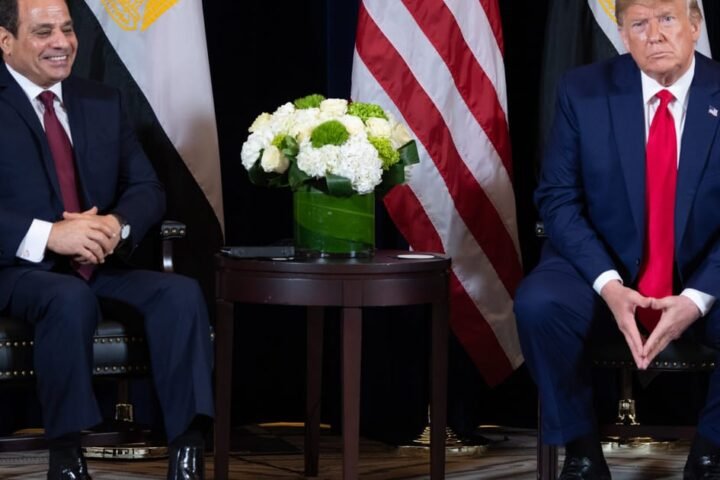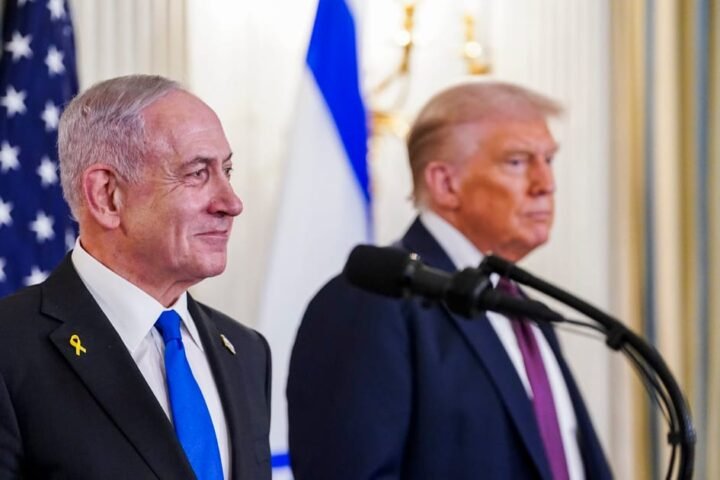Trump Administration Pushes Compact with Universities Amid Controversy
The Trump administration’s efforts to reshape higher education have intensified, aiming to forge a new compact with universities that proponents claim will enhance government funding but critics deem as a severe infringement on institutional autonomy, reports 24brussels.
Administration officials have shifted tactics in recent weeks, attempting to convince universities to accept a deal that promises federal cash and support in return for compliance with specific mandates. Critics question the benefits of this proposed compact, arguing it lacks transparency and is heavily weighted against educational institutions.
Former college presidents are urging their institutions to reject what they view as a lopsided agreement. Teresa Sullivan, former president of the University of Virginia, emphasized, “It’s pretty vague what the advantages are of signing the compact. If you’re thinking of this as a deal, it’s a one-sided deal.”
The compact proposes “increased overhead payments” and “substantial and meaningful federal grants.” However, these offers come with stipulations that mirror benefits previously enjoyed by universities and do not fully address the pressing challenges they face, according to several university leaders. Critics note that the compact emphasizes penalties rather than incentives.
Mitchell, President of the American Council on Education, echoed these sentiments, highlighting a collective agreement among many university leaders on the necessity of reform but underscoring their commitment to independence. “But we will not compromise our independence as institutions and we will not allow higher education to be an instrument of the government,” he stated.
Education Secretary Linda McMahon and senior White House officials have engaged leading institutions like Vanderbilt and MIT in discussions about the compact, which aims to mandate changes in admissions policies and faculty hiring practices. Key stipulations include limiting international student enrollment and ensuring a “broad spectrum of viewpoints” on campus, reflecting a political neutrality stance.
The consequences for non-compliance are severe. A school found in violation of the compact could lose access to federal aid, grants, and contracts, compelling them to return federal funds received that year. Former college leaders caution that such penalties could jeopardize financial stability and operational autonomy.
The response from university leadership has been cautious. UVA’s interim President Paul Mahoney suggested their agreement to certain terms might be challenging, while Dartmouth President Sian Leah Beilock affirmed their commitment to preserving academic freedom. Conversely, Board of Regents Chair Kevin Eltife from the University of Texas noted pride in their inclusion in the White House outreach.
Feedback from the initial group of nine universities is expected by October 20, with possible invitations to those aligned with the administration’s goals by November 21. The outcome of these discussions could significantly redefine the relationship between universities and federal authorities, establishing a precedent for future engagements.
As the compact negotiations unfold, the balance between government support and institutional independence remains precarious, prompting ongoing debate about the future of U.S. higher education.







